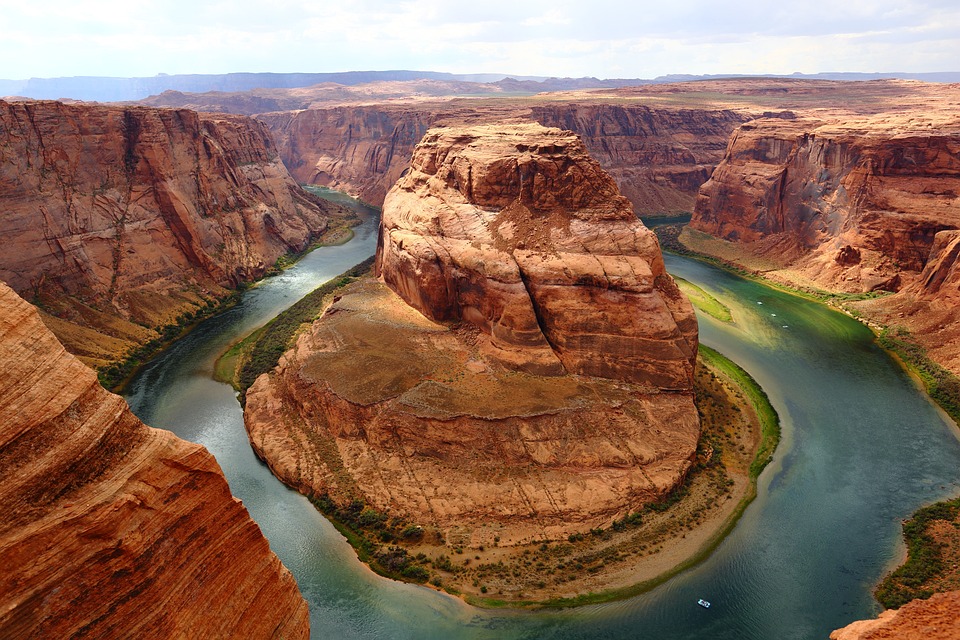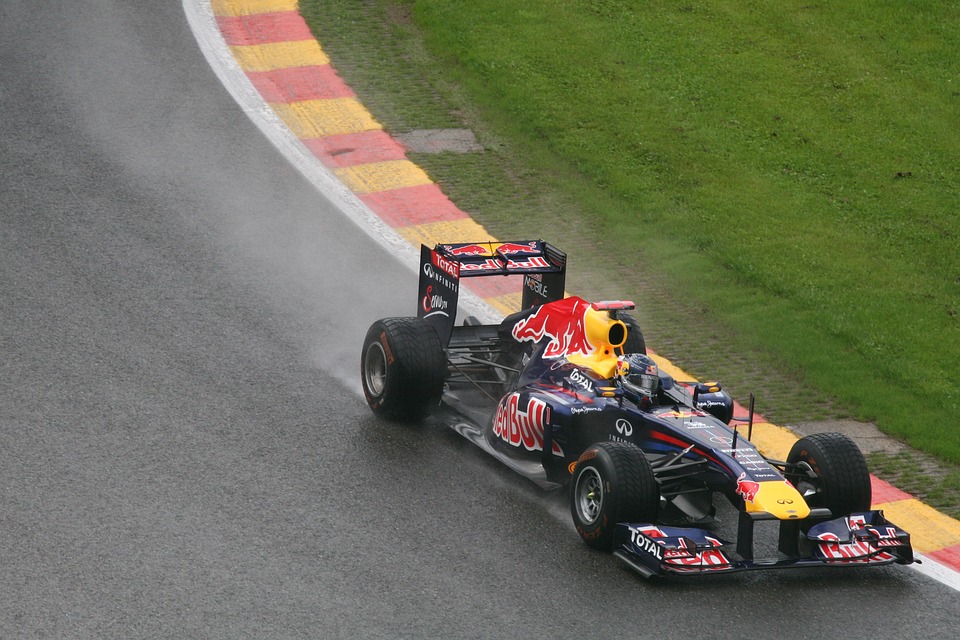The Power and Influence of Global Media Coverage
In today’s interconnected world, global media coverage plays a critical role in shaping perceptions, influencing policies, and driving social change. From traditional news outlets to social media platforms, the reach and impact of the media are unparalleled. This article will explore the power and influence of global media coverage, examining how it shapes public opinion, shapes political discourse, and drives international relations.
Shaping Public Opinion
One of the key ways in which global media coverage exerts its power and influence is by shaping public opinion. News outlets have the ability to shape narratives, frame issues, and highlight certain events over others. This can have a profound impact on how individuals perceive the world around them.
For example, the coverage of a natural disaster in a developing country can mobilize global aid and support, while coverage of political corruption may lead to public outcry and calls for reform. The media also serves as a watchdog, holding governments and institutions accountable for their actions and decisions.
Driving Political Discourse
Global media coverage also plays a crucial role in driving political discourse both domestically and on the international stage. News outlets provide a platform for politicians, policymakers, and experts to communicate their ideas, policies, and agendas to the public. In turn, public opinion can shape political debates and decision-making processes.
For example, media coverage of an international conflict can influence public opinion on whether or not military intervention is necessary. The media can also push certain policy priorities to the forefront of political agendas, such as climate change or income inequality.
Shaping International Relations
Global media coverage has the power to shape international relations by influencing how countries perceive each other and how they navigate complex geopolitical issues. News outlets can highlight diplomatic conflicts, trade disputes, and human rights abuses, leading to changes in foreign policy and international cooperation.
For example, media coverage of the refugee crisis in Europe sparked debates on immigration policies and border control measures. The media also played a critical role in shaping perceptions of the Arab Spring, influencing how Western countries responded to the uprisings in the Middle East.
The Rise of Social Media
In recent years, the rise of social media platforms has revolutionized the landscape of global media coverage. Platforms like Twitter, Facebook, and Instagram allow for real-time communication, citizen journalism, and the dissemination of information on a massive scale. Social media has the power to amplify voices, mobilize movements, and challenge traditional media narratives.
For example, the #BlackLivesMatter movement gained traction and momentum through social media, sparking national conversations on racial justice and police brutality. Social media also played a critical role in the Arab Spring uprisings, providing a platform for activists to organize and share information.
The Challenges of Global Media Coverage
While global media coverage has the power to inform, educate, and inspire, it also faces a number of challenges and criticisms. The rise of fake news, misinformation, and propaganda has undermined the credibility and trustworthiness of traditional news outlets. In some countries, media censorship and government control restrict the free flow of information and limit the diversity of perspectives.
Furthermore, the dominance of Western media outlets and narratives can marginalize voices from the Global South and perpetuate stereotypes and biases. It is essential for media outlets to strive for objectivity, accuracy, and diversity in their coverage to ensure that all voices are heard and represented.
Conclusion
In conclusion, the power and influence of global media coverage cannot be understated. From shaping public opinion to driving political discourse and shaping international relations, the media plays a critical role in shaping the world around us. As we navigate an increasingly complex and interconnected global landscape, it is essential for media outlets to uphold the principles of truth, fairness, and accountability in their coverage. By doing so, the media can continue to be a powerful force for positive change and progress in the world.



